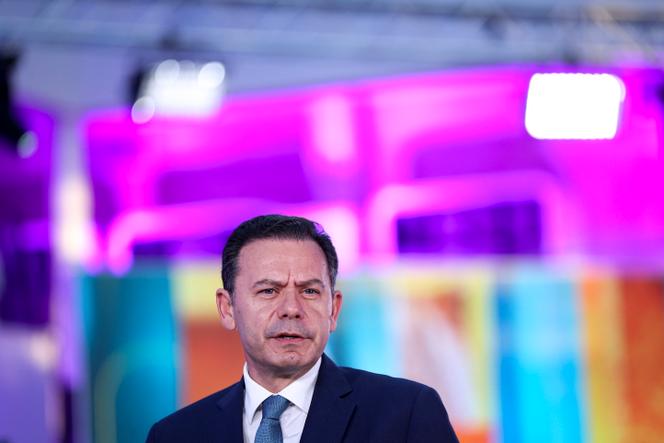
Barely two months have passed since the snap legislative elections of May 18 in Portugal. Yet that was enough time for the center-right prime minister (Social Democratic Party), Luis Montenegro, re-elected to lead the government, to execute a hard turn to the right.
Montenegro’s previous strategy of relying on the left-wing Portuguese Socialist Party (PSP) to govern, as he did during his first term (2023-2024), has come to an end. While he had previously insisted he would never ally with the far-right Chega party, Chega’s strong performance in the May elections has made it the prime minister’s main parliamentary partner.
Founded in 2019, Chega has become the leading opposition party with 60 MPs (22.76% of the vote), two more than the PSP. Its growing influence on the Portuguese political scene has already been felt through the introduction of several reform proposals aimed at tightening immigration controls.
Toughening family reunification requirements
The first bill, an amendment to the law on foreigners, was deemed so strict by the center-right president of the Republic, Marcelo Rebelo de Sousa, that before signing it into law, he decided to refer it to the Constitutional Court on Thursday, July 24. The court now has 15 days to rule on whether it aligns with the principles of the constitution.
You have 73.67% of this article left to read. The rest is for subscribers only.